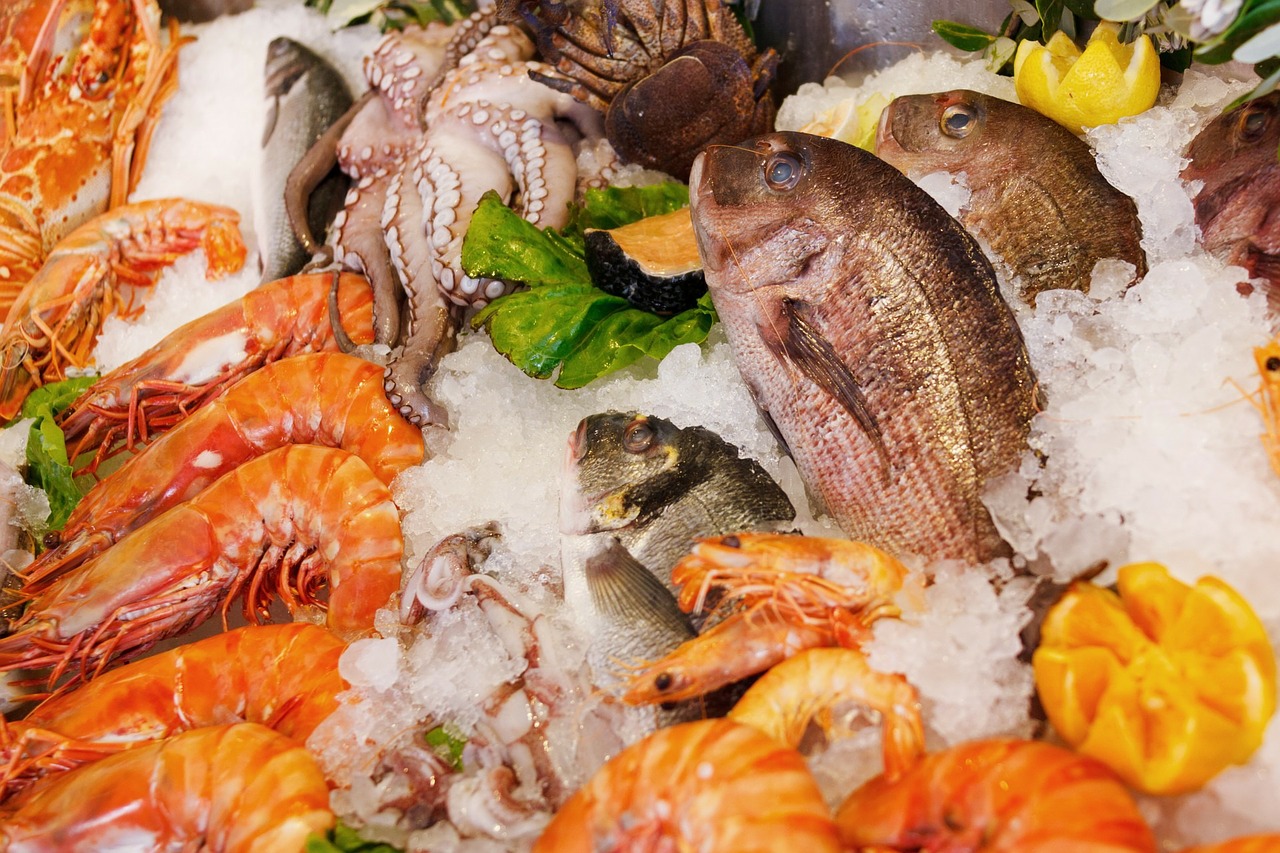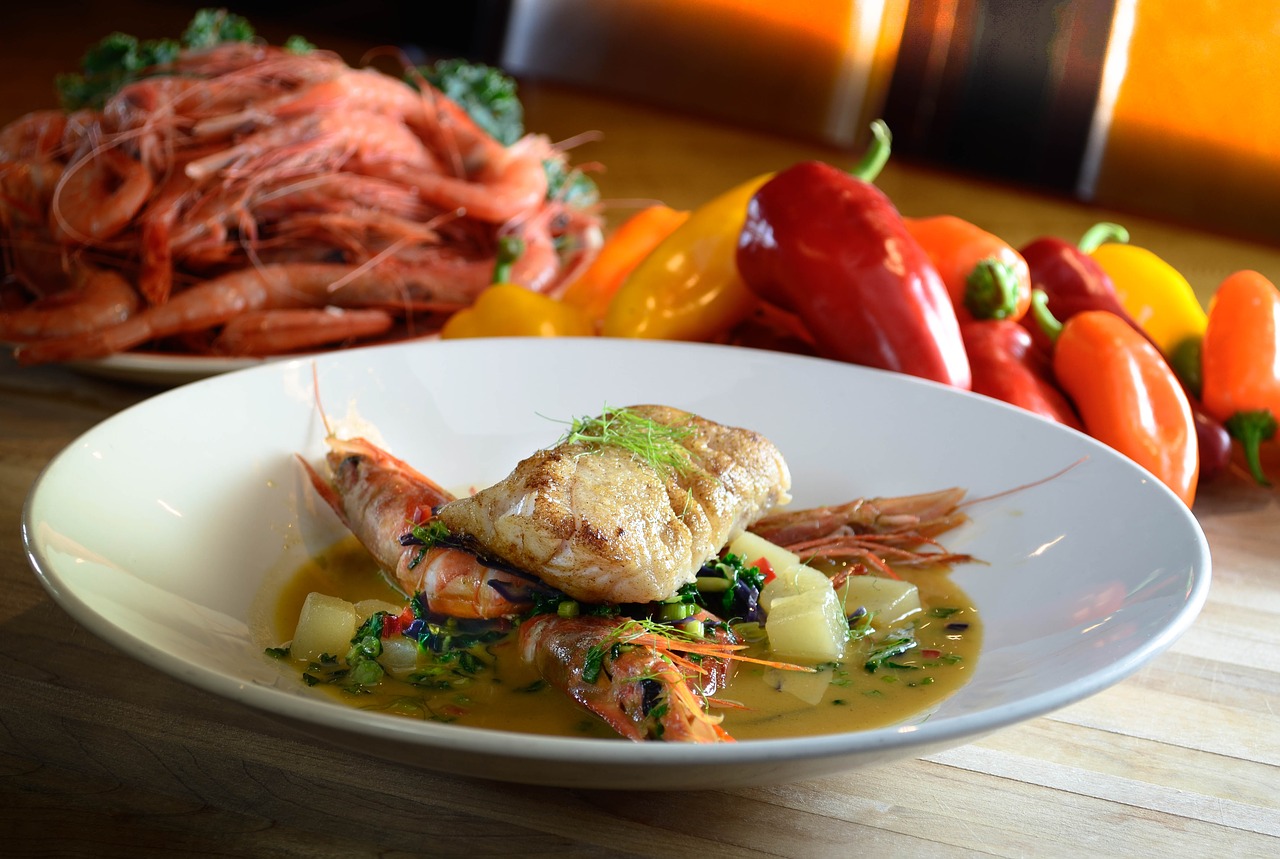
The Sustainable Seafood Coalition (SSC) is a UK organization founded by some of the country’s biggest supermarkets and seafood companies. Its aim is to promote traceability and sustainability through the UK’s seafood supply chain.
We look at the work carried out by the coalition and the impact it has had on the UK’s seafood industry.
1. The Sustainable Seafood Coalition is funded by its members.
The coalition comprises some of the UK biggest supermarkets and seafood brands, including:
- Yo! Sushi
- Direct Seafoods
- Sainsbury’s
- UK Seafood Industry Alliance
- Co-op Food
- Seachill
- Lyons Seafoods
- Iceland
- Lidl
- Marks & Spencer
- Seafresh Group
- Waitrose
- Morrisons
- Tesco
- The Happy Prawn Co
2. The coalition’s goal is for all seafood sold in the UK to be sustainably sourced.
They aim to achieve this through seven key objectives:
- By promoting sustainable seafood consumption.
- By supporting suppliers of responsibly sourced seafood.
- By committing to a voluntary code of conduct governing seafood sourcing, promoting environmentally responsible fishing.
- By committing to a voluntary code of conduct regarding environmental claims.
- By encouraging policymakers at a domestic, EU, and international level, pressing for change in policy to promote seafood sustainability.
- By building domestic and global alliances.
- By informing the public.

3. The Sustainable Seafood Coalition convenes several times a year.
Meetings are arranged so that members can review topics and priorities. Where detailed member participation is required, a member group may be formed to reach a preliminary decision. They must then seek full group agreement. On such occasions, the SSC often invites experts to provide technical advice.
4. The coalition set its own codes of conduct.
These voluntary agreements are developed by coalition members to promote responsible seafood sourcing and labeling.
The Codes of Conduct ensure that seafood and fish sold in the UK are derived from sustainable sources. They represent commitments made by coalition members, setting a precedent for seafood industry best practices.
After signing up with the coalition, SSC members have 12 months to implement the codes within their own businesses.
5. The SSC has developed a special labeling system.
The aim is to create standardized labeling, ensuring that customers are provided with adequate information on the sustainability and provenance of all seafood they buy.
6. The Hong Kong Sustainable Seafood Coalition was recently launched.
Following the SSC’s success in the UK, policymakers decided that a similar industry initiative should be launched in Hong Kong.
The Hong Kong Sustainable Seafood Coalition brings together buyers, suppliers, hotels, restaurants, and retail outlets, promoting sustainable fishing practices and raising concerns over illegal, unregulated, and unreported fishing.
The Hong Kong-based coalition spent the past year consulting with industry leaders to create a voluntary code of conduct on seafood sourcing, packaging, and environmental issues.
Benjamin So, chair of the Hong Kong Sustainable Seafood Coalition, explained that the coalition fulfills three key objectives. First, as users of critical natural resources, the coalition has a duty to make sure to use them responsibly. Second, by adopting the code of conduct, members can reassure consumers in Hong Kong about the sustainability of local marine populations. Third, by taking industry-wide action as a whole, the organization can improve commercial certainty in the seafood industry.

7. Positive impacts of the Codes of Conduct are already being reported in the UK.
Seafood labeling can be confusing and inconsistent, so the coalition seeks to standardize labeling across the industry.
Approximately 75 percent of seafood sold in UK supermarkets is sold through coalition members, ensuring it comes from sustainable sources. Nevertheless, though the initiative has enjoyed great success in the retail sector, only a small percentage of businesses in food services (i.e., those who sell wholesale to the catering and hospitality sector) have signed up.
The foodservice sector has vast purchasing power, accounting for a third of all seafood sales in the UK. These businesses supply restaurants, schools, care homes, hospitals, and other UK public institutions. Improving take-up in the foodservice sector would be a major advancement.
8. Initiatives like the Sustainable Seafood Coalition are vital to the survival of the global fishing industry.
Ensuring that the fishing industry adopts sustainable practices is vital to the sector’s survival. Not only that, but we need to keep our oceans healthy, full of fish, and pollutant free.
Overfishing by industrial fishing fleets has caused extensive damage to marine environments all over the world. We need to make changes in the way that we fish to protect our oceans and to ensure the future of the fishing industry.
According to data published by the United Nations, 70 percent of global fisheries are overfished, and predatory species like tuna and cod have been reduced to as little as 10 percent of original wild fish stocks.
In the United States, the picture is somewhat more positive. According to NOAA’s 2017 Status of Stocks annual report, overfishing has reached an all-time low, thanks to the Magnuson-Stevens Fishery Conservation and Management Act’s fishery management goals. Approximately 99 percent of US wild-caught fish and seafood is sustainable, which certainly is encouraging news.
